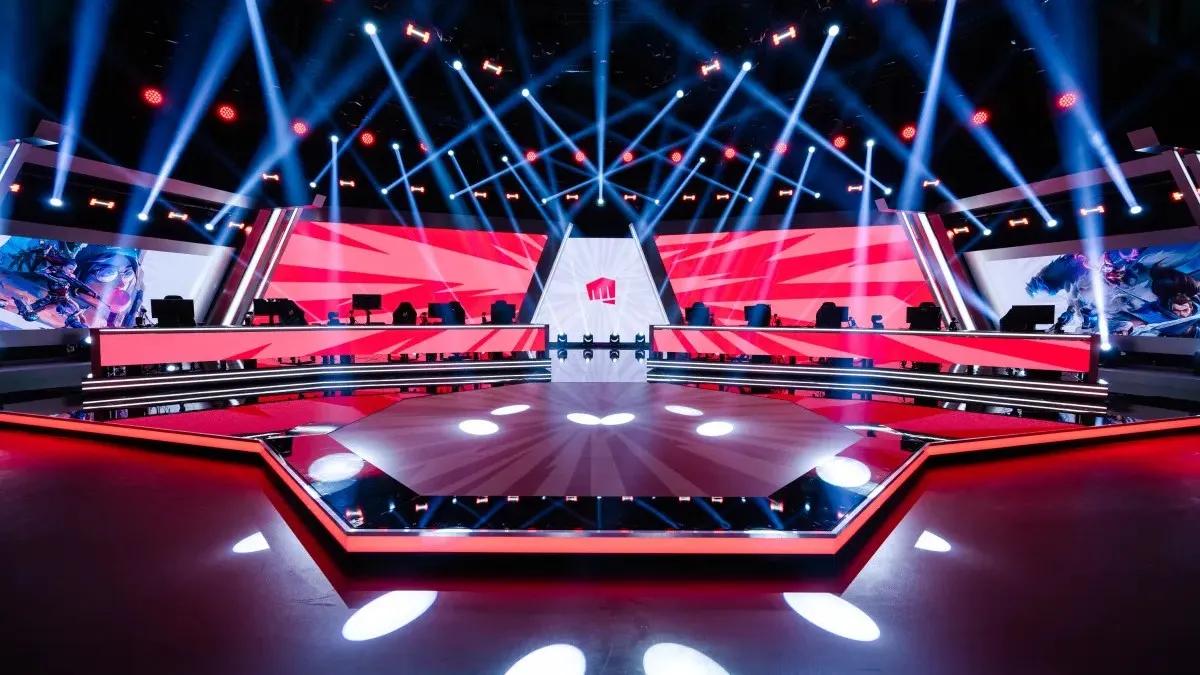
Dispute Resolution for Riot Games’ Esports (EMEA)
Ensuring fair, fast resolutions for contractual disputes in the League of Legends and VALORANT pro scenes.
In the ever-evolving world of esports, maintaining contractual stability and integrity is paramount. Independent dispute resolution allows for efficient and equitable solutions for financial disputes faced by players, coaches, and teams. We’ve set up a Dispute Resolution mechanism for the League of Legends and VALORANT professional and semi-professional ecosystems in EMEA. The aim is to resolve conflicts fairly and efficiently through established procedures.
IMPORTANT LINKS & DOCUMENTS
Dispute Resolution for Riot Games' Esports (EMEA) Arbitration Rules
User Guide to Dispute Resolution for Riot Games' Esports (EMEA)
Why Fair Dispute Resolution is Essential
Esports players, coaches, and teams may encounter contractual issues related to transfer agreements or breaches of employment contracts, such as unpaid salaries, bonuses, prize money, and transfer disputes. Traditionally, our stakeholders have turned to Riot Games to solve their contractual issues. However, because of the factual and legal complexities surrounding these cases, Riot is not best suited to provide settlements. As a result, stakeholders are often redirected to national labor courts, which can be both financially burdensome and logistically difficult. The differences in legal systems across countries only compound the problem, leading to unresolved issues and contractual instability.
Moreover, we consider the lack of a centralized and efficient dispute resolution mechanism, combined with potential fear of reputational damage or retaliation, has likely left many issues unresolved.
Dispute Resolution is specifically designed to tackle these challenges.
Its primary goal is to establish a resolution process that is not only fair and efficient, but also easily accessible.
How It Works
Dispute Resolution operates as an independent arbitration court handling disputes between teams, players, and coaches involved in Riot Games’ EMEA-based League of Legends and VALORANT professional and developmental esports ecosystems. Here’s a snapshot:
Eligibility: Open to players, coaches, and teams participating in Tier 1 and Tier 2 of League of Legends and VALORANT esports.
Voluntary: Eligible parties can voluntarily submit disputes for arbitration if agreed upon before or after the dispute.
Affordability and Legal Aid Fund: The process is more affordable than traditional courts, with a Legal Aid fund for those who cannot afford procedural costs. The Legal Aid fund ensures the system remains as accessible as possible.
Sole Arbitrator: Disputes will be decided by a sole arbitrator (“Arbitrator”) selected from a small, carefully vetted pool of independent arbitrators with extensive experience in handling these types of disputes. This helps ensure consistency, expertise, fairness, and both cost and time efficiency in the decision-making process.
Efficiency: To keep proceedings swift and cost-effective, the default rule will be no hearings and only one round of submissions, unless the Arbitrator decides otherwise.
Ex Aequo et Bono: Decisions are based on fairness and equity, without reliance on specific national or international laws.
Swiss Law: Arbitration follows Swiss law, offering fair, impartial dispute resolution with a strong legal framework. Known for its efficiency and neutrality, Swiss law ensures justice and equity, supported by Switzerland's well-established legal tradition and arbitration-friendly environment.
Enforcement: Riot Games will enforce arbitral awards and take disciplinary action for non-compliance, as per the Esports Global Code of Conduct.
A Self-Financed, Sustainable System
Initially funded by Riot Games, Dispute Resolution is designed to be self-sustaining. The ongoing administration of the system will be covered by handling fees paid by the parties involved. Additionally, an annual Legal Aid Fund will support players and coaches who cannot afford arbitration costs.
Building for the Future
Riot Games is committed to continually assessing and improving Dispute Resolution to ensure it meets the needs of all stakeholders. The aim is to build a trusted mechanism that upholds financial and contractual stability, setting new standards for integrity and fairness within the Riot Games’ Esports ecosystem (EMEA).
FREQUENTLY ASKED QUESTIONS (FAQs)
This section provides detailed answers to questions about the procedures and operations of Dispute Resolution. In case of any conflict or discrepancy between this FAQ and the Arbitration Rules, the provisions of the Arbitration Rules will take precedence.